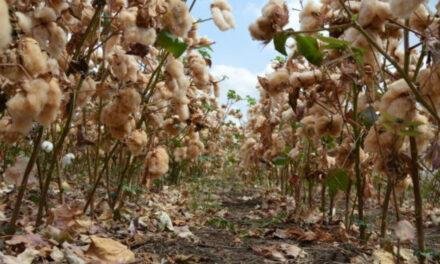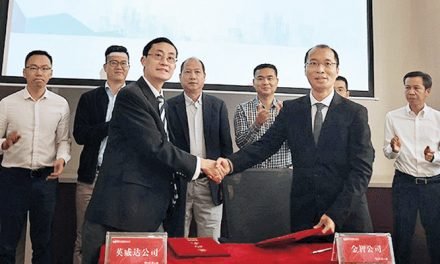 The Nigerian Government has called for an extension of the United State’s African Growth and Opportunity Act (AGOA) beyond its 2025 deadline.
The Nigerian Government has called for an extension of the United State’s African Growth and Opportunity Act (AGOA) beyond its 2025 deadline.
The Speaker of the Nigerian House of Representatives, Hon. Tajudeen Abass, made the call recently while speaking during the AGOA training workshop organized by USAID and Prosper Africa for stakeholders in Nigeria’s Textile and Apparel industry. Abass said AGOA has been crucial in fostering trade and economic development between Africa and the United States by providing African countries access to U.S. markets and allowing them to diversify their economies beyond raw materials. He, however, noted that while Nigeria as one of the biggest beneficiaries of the policy has great potential to capitalize on the opportunities, many Nigerian businesses are still unaware of the program, thus limiting their chances of benefitting from it.
More time for awareness: Emphasizing the need for awareness among Nigerian businesses, the Speaker said an extension of the program would allow more Nigerian and African businesses to take full advantage of it. “We must increase knowledge and understanding of AGOA within our business community so that more Nigerian companies can take full advantage of this value-added framework. “As we move forward, I urge the U.S. government to consider extending AGOA’s 2025 deadline. “This extension will benefit African economies and align with U.S. strategic interests by creating new markets and promoting regional stability. “The U.S.-Nigeria Parliamentary Friendship Group will advocate for this renewal, further strengthening our partnership,” he said.
Diversifying Nigeria’s economy: Speaking on why the workshop was being organized, the USAID Nigeria Mission Director, Melissa Jones, observed that Nigeria has gone through a lot of economic challenges including the hike in the price of fuel, high inflation, and food insecurity. According to her, what would get the country out of the current challenges is the diversification of the economy.
She said this is why the AGOA workshop was focusing on the textile industry, which is capable of driving Nigeria’s exports beyond oil. “The apparel and textile industry presents such an important opportunity, as I mentioned, to diversify, but also to create jobs and contribute to the inclusive growth of this country. “Prosper Africa has been so critical in bringing all of the U.S. government together to really help nations in Africa to move this forward,” she said.
What you should know: Since its enactment in 2000, AGOA has been at the core of U.S. economic policy and commercial engagement with Africa. AGOA provides eligible sub-Saharan African countries with duty-free access to the U.S. market for over 1,800 products, in addition to the more than 5,000 products that are eligible for duty-free access under the Generalized System of Preferences program.
To meet AGOA’s rigorous eligibility requirements, countries must establish or make continual progress toward establishing a market-based economy, the rule of law, political pluralism, and the right to due process. Additionally, countries must eliminate barriers to U.S. trade and investment, enact policies to reduce poverty, combat corruption, and protect human rights. In 2015, the U.S. Congress passed legislation modernizing and extending the program to 2025. As of 2024, 32 countries, including Nigeria, are eligible for AGOA benefits.





















